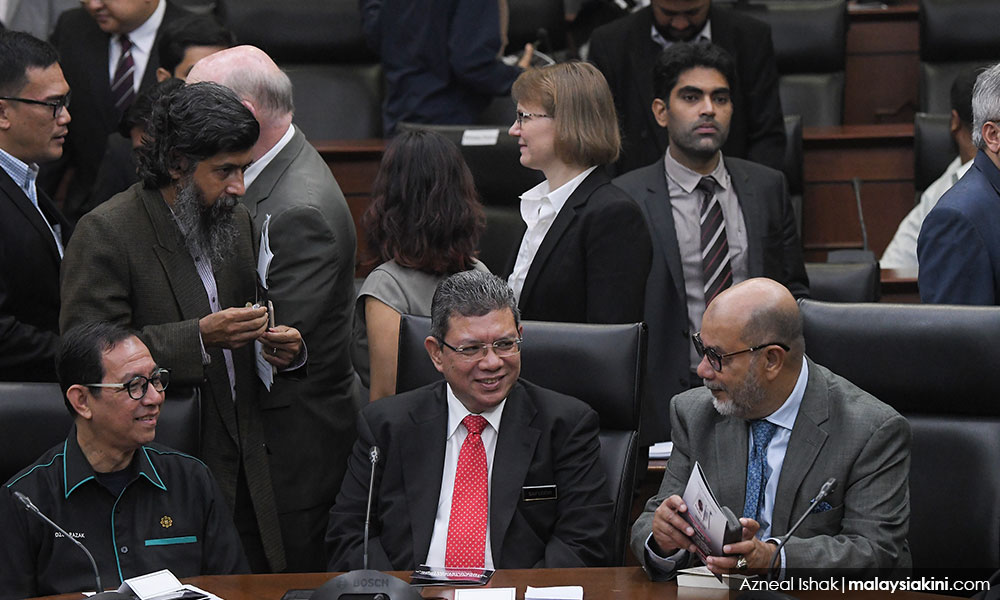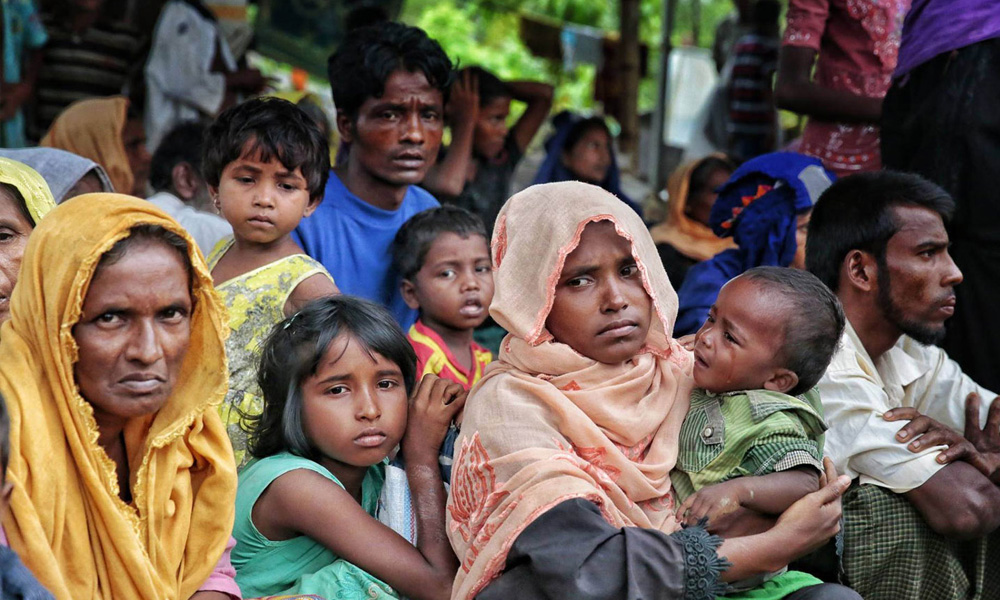
The Rohingya genocide in Myanmar has taken a financial toll on Malaysia, said Foreign Minister Saifuddin Abdullah.
According to him, this is because the atrocities had resulted in many nations, including Malaysia, spending millions of their taxpayers’ money to provide humanitarian aid to the Rohingya people.
"I think the government has not calculated how much we are spending on humanitarian programmes in Malaysia. Yes, we have the number as to how much we spent in Cox’s Bazar (in Bangladesh).
"Please don't get me wrong. I am not saying we want to be calculative. Let me pass another point. The Qatar government has pledged US$50 million to help humanitarian programmes in Malaysia and Cox’s Bazar, (while) the Canadian government has pledged US$300m.
"Conversely speaking, these are taxpayers’ money. And we are doing (so) because one particular country allows genocide to happen," he said.
Saifuddin was giving the keynote address today at an event titled 'International Symposium on the Path To Justice for the Rohingyas: The International Criminal Court (ICC) and Other International Accountability Mechanisms'.
It was held at the International Islamic University Malaysia in Gombak this morning.

While stressing that Malaysia would not shirk its responsibilities, Saifuddin said that the money spent on humanitarian assistance for the Rohingyas could have been used for other purposes.
Hence, he added, the Rohingya crisis was among the most pressing matters to be resolved.
"We have spent millions in Cox’s Bazar. We have not calculated how much we have spent locally.
"[…] I’m just trying to impress upon you that there is a lot of money spent and surely we can use the money for something else.
"But we are not going to run away from our responsibility, and we will continue to spend.
"The point is, how did we end up with this kind of problem? This problem arises because of what’s happening in Myanmar," he told reporters during a press conference after the speech.
Regarding the symposium, Saifuddin said he was hopeful that panellists and participants would be able to revisit steps that had been taken to address the Rohingya refugee crisis and explore more effective alternatives.
This, he added, included discussing whether bringing Myanmar to the International Criminal Court should be the next step.
"These would be the focus of today's discussion - looking at practical next steps, something that can be done to bring closure to this problem." - Mkini


No comments:
Post a Comment
Note: Only a member of this blog may post a comment.